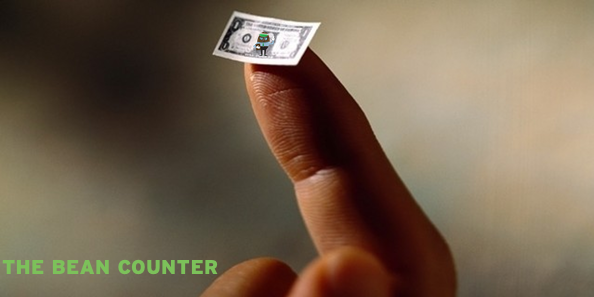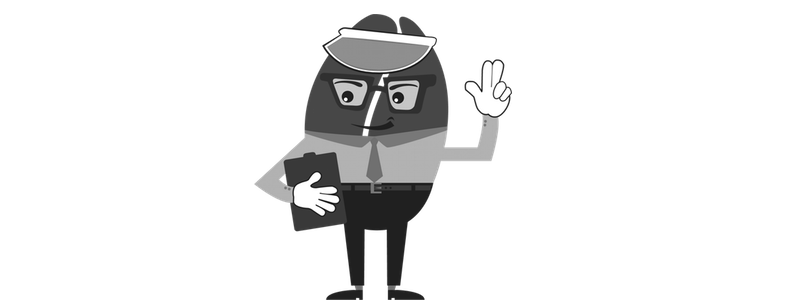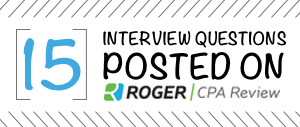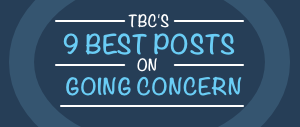Earlier this week I attended the FICPA Conference and one of the days was a Young Leaders event called “Accel”. The event was led by Dan Griffith, Director of Strategic Planning at Tanner LC . I highly recommend you check out his LinkedIn page which has tons of information on his presentation and how to get ahold of him.
While the presentations were great, there was something he mentioned that I take issue with. He had the group brainstorm about what things they could tweak in their professional lives. He said that if you only tweak about 10-20% of what you do, you can see massive compounding success in the future.
While that very well may be true, in my experience, the real growth and adventure is not in changing 10-20% of myself, but in re-invention.
Think of Apple, one of the greatest companies in the world.
After building the mac, they didn’t just make it a better product, they entered the music industry with the iPod and iTunes. Then the iPhone and later the iPad making them perhaps the most successful company in the history of the world.
Reinvention, and pushing yourself to do the things that scare your most is where real opportunity lies.
“Why not go out on a limb? That’s where all the fruit is.” – Mark Twain
In my life, I’d like to share two examples of times where I reinvented myself (one forced and one self initiated) to illustrate how powerful challenging yourself to your limits can be:
The Wilderness
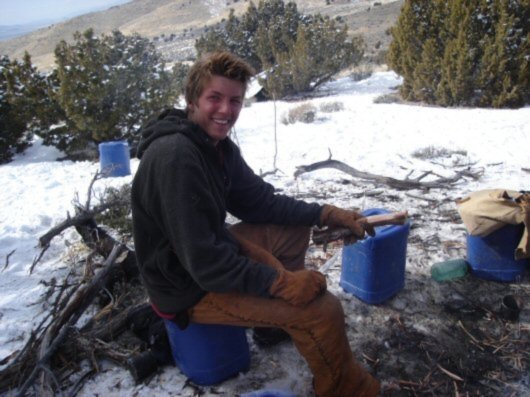
At the age of 15, I was deemed a “troubled teen” and sent by my parents to live in the Wilderness of Utah for 3 months with no shower, no running water, no shelter, and yes, it was winter!
I left my school (just started my sophomore year of high school) and I believe it was finals week. The morning I woke up to be sent away, at 5am, I literally had no idea I’d be spending the next two years of my life in a Utah wilderness program, then a Costa Rican boarding school.
I never went back to my school again, and I saw very few of my friends even until this day. My life was completely uprooted, and guess what, it was okay… I went from the wilderness of Utah to a boarding school in Costa Rica where I ended up graduating and starting college at 17 (a year earlier than normal).
Quitting my job and becoming an entrepreneur
When I quit my job at PwC to start my own business, I had pretty much nothing going for me. I had no steady stream of income, no business partner, and no proven experience as an entrepreneur.
However, now almost 9 months later, assuming I make $0 more this year than what I’ve already received, I’ll make about double what I would have made staying in my job.
And that’s just my first year.
These are just two examples of the incredible power of completely re-inventing yourself.
It’s risky, but every single person has the opportunity to become a hero in their own life by taking bold and courageous action.
So I ask you this weekend, what do you have planned to re-invent in your life? Would love to hear from you in the comments down below, or at my email here.
P.S. Check out my new course where I teach you how to Get Hired By Big 4 Accounting Firms just like I worked at PwC!
